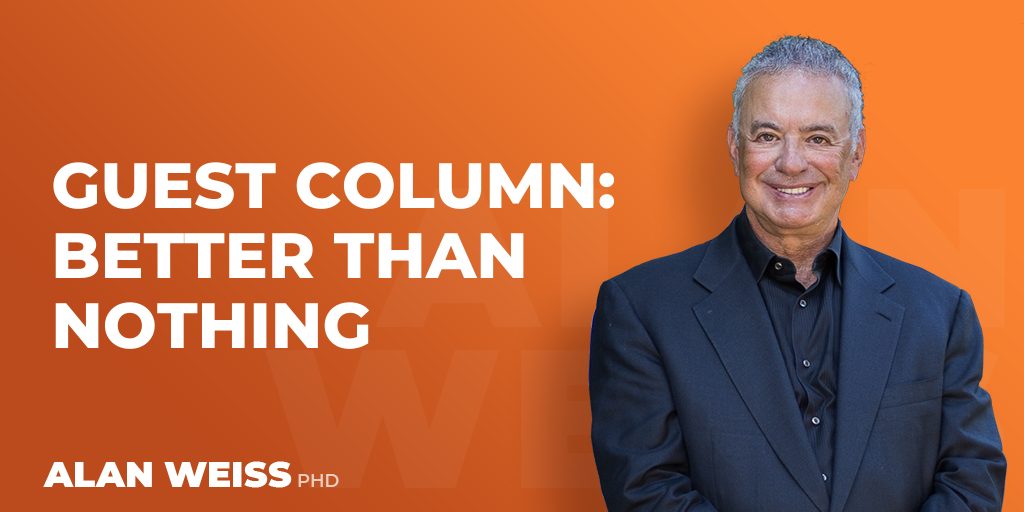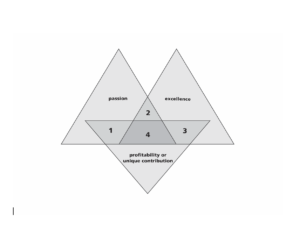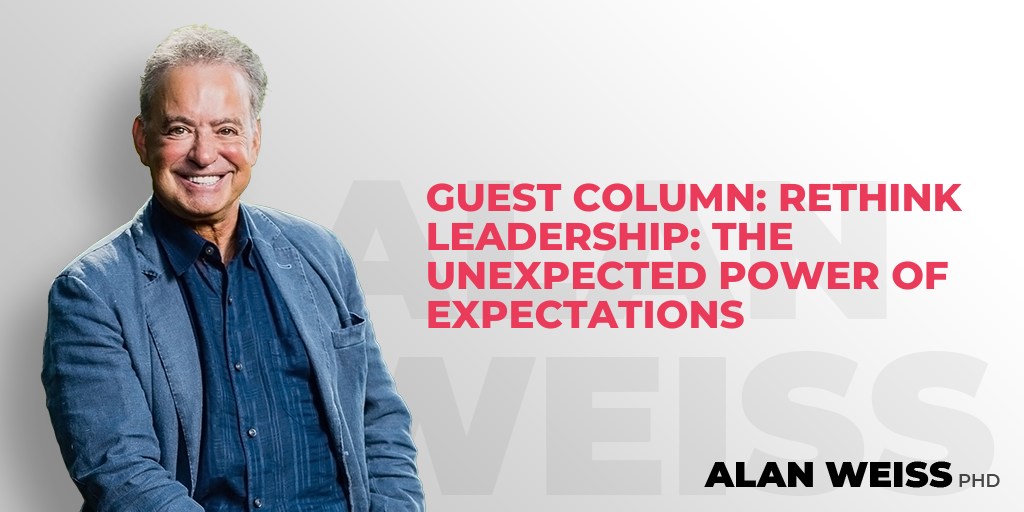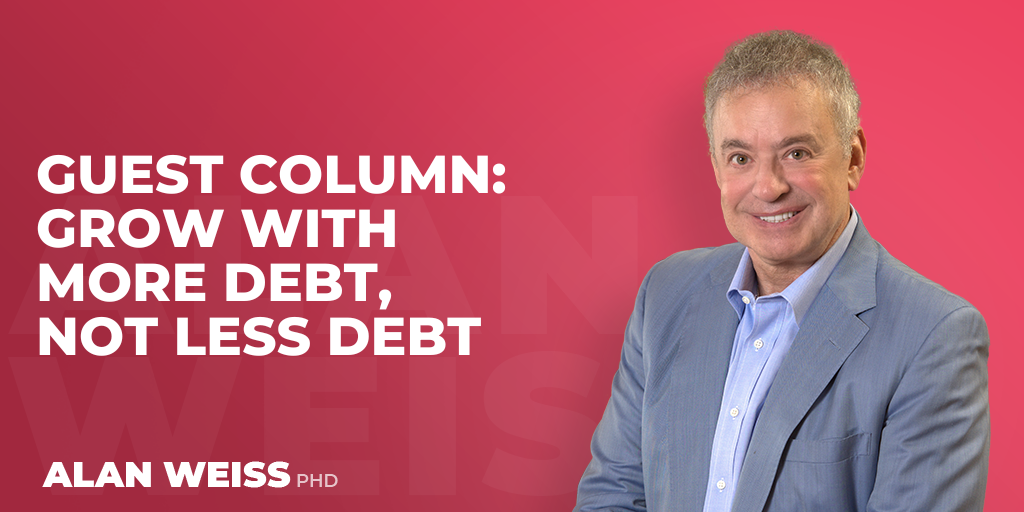
Guest Column: Better Than Nothing
Better Than Nothing
By Linda Henman, Ph.D.
During a recent trip to Germany, I noticed an outdoor latrine with the words “besser als nichts” written above the door. I laughed when the tour guide translated the words: better than nothing. As someone who finds most outdoor experiences taxing, I try to avoid situations that require me to engage in “better than nothing,” but occasionally I have no choice.
It occurs to me that as a nation we are currently engaging in “better than nothing” reactions, even though options exist. The economy continues to flourish, despite COVID setbacks, and unemployment is low. But Baby Boomers are leaving the workplace in droves and taking all their knowledge and experience with them. They didn’t have the wherewithal to develop their replacements during the pandemic, so a gap exists with no plan for closing it.
In my more than forty years of consulting, I have never seen a better time for experts to step forward. Corporate clients need our help now more than ever. But too many desperate companies are settling for “better than nothing” consultants to solve never-before-seen problems and to find solutions to problems that never went away. Decision makers grab for “flavor-of-the month” ideas as they spend too much money on consultants that charge by the hour and don’t improve things as quickly as possible. These consultants aren’t better than nothing. They leave the clients worse off than if they had never sought outside help.
So, what can we do? Success starts with a strong strategic principle. The strategic principle guides your allocation of scarce resources—money, time, and talent.
The Strategic Principle doesn’t merely aggregate a collection of objectives. Rather, this simple statement captures the thinking required to build a sustainable competitive advantage that forces trade-offs among competing resources, tests the soundness of particular initiatives, and sets clear boundaries within which you must operate.
Creating and adhering to a concise, unforgettable action phrase helps you keep an eye on the ball at all times. A well-thought-out Strategic Principle pinpoints the intersection of your passion, excellence, and profitability (or, your unique contribution).

If you operate in section one, clients will probably see you as better than nothing. People who can do the work they feel passionate about and engage in work that rewards efforts with large monetary compensation can often stay in the game for the short run. But if you aren’t the best, the competition will soon surpass you.
Passion and excellence without profitability, or section two, won’t even allow you a short run. I have mentored consultants who steadfastly clung to their processes because they felt so much passion for them. This undisciplined orientation—to do what you like and are good at—without consideration of the market won’t provide anything other than some short-lived fun, which should last right up until the time your bills come.
Section three is a recipe for burn out. You can work hard at something you’re good at and that makes you significant money, but you won’t excel at it for long unless you feel some passion for it.
Sustained success lies in area four, the intersection of passion, excellence, and profitability. Only here can you thrive as you work diligently to produce a product or service that your competition can’t match.
When you understand your Strategic Principle and effectively articulate this through your value proposition, it will act as a beacon that keeps the ships from running aground. When designed and executed well, your Strategic Principle will provide a disciplined way to think about decisions, strategy, and execution. But it will do more: It will establish you as an expert, not a compromise that’s better than nothing.
© Linda Henman, Ph.D., 2023.
Dr. Linda Henman, The Decision Catalyst ®, is the author of nine books, including the newly-released The Vibrant Board. For more than 40 years she has helped executives and boards accelerate growth by making decisions they can’t afford to get wrong. Some of her clients include leaders at Boeing, Tyson Foods, Avon, Emerson Electric, Estee Lauder, and Kraft. She founded Henman Performance Group, a consulting firm located in St. Louis, MO. You can reach her at [email protected].






